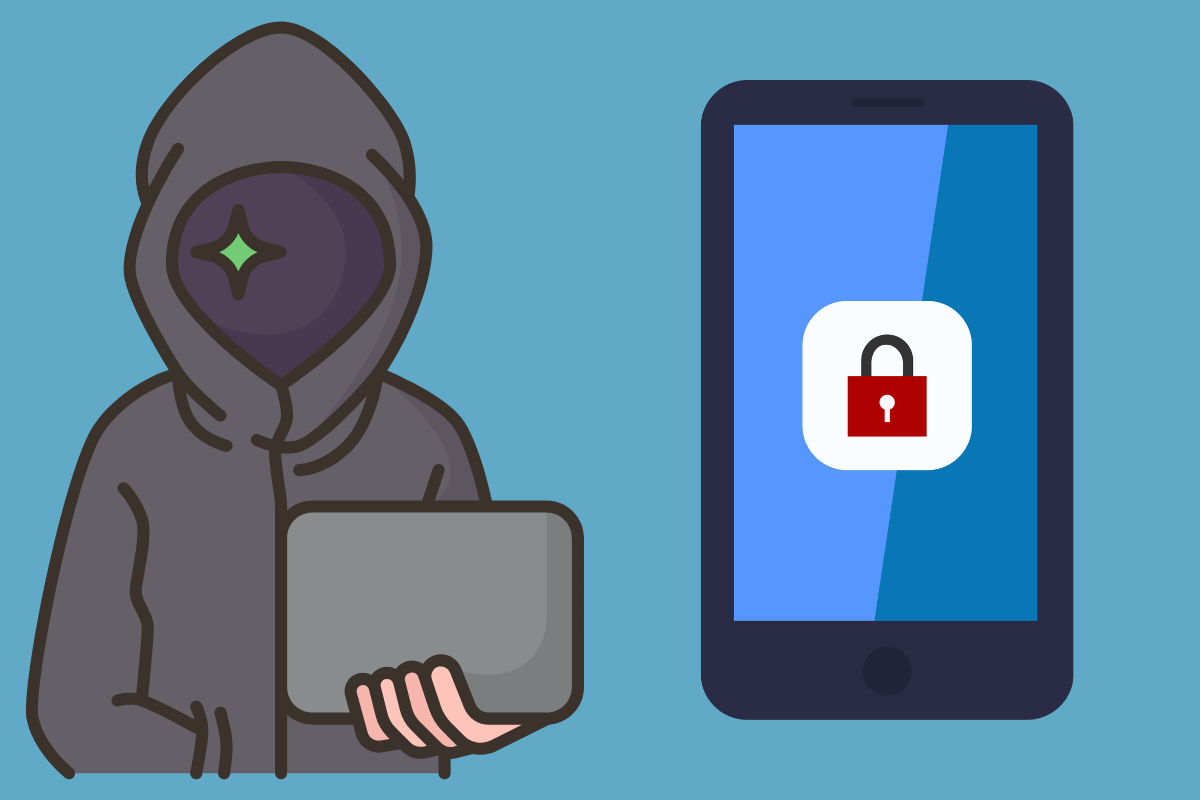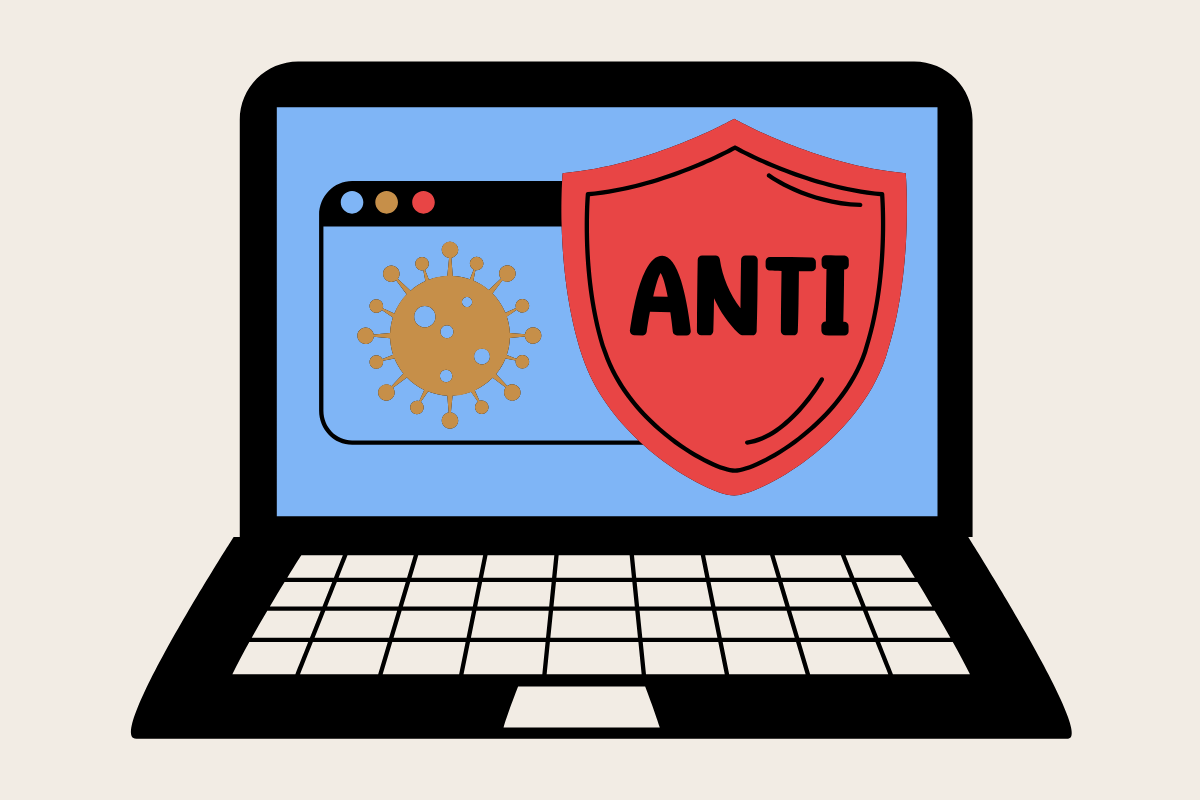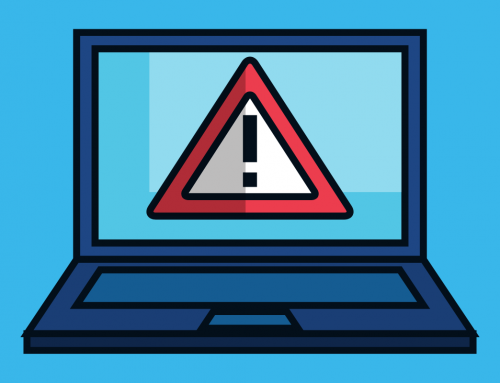Don’t Let a Vendor Breach Become Your Firm’s Next Crisis
Your law firm’s cyber security is only as strong as your weakest vendor. While you may have invested heavily in firewalls, encryption, and employee training, a single compromised software provider can expose your most sensitive client data, and you might not even know it happened until it’s too late.
Supply chain attacks have become one of the most dangerous threats facing law firms today. When cybercriminals can’t break through your front door, they’ll target the back doors provided by your trusted software vendors. The results can be devastating, as recent high-profile breaches have demonstrated.
The Growing Threat: Recent Breaches That Shook the Legal World
The legal sector has been hit hard by supply chain attacks in recent years. The MOVEit file transfer breach in 2023 affected hundreds of organizations worldwide, including several law firms that used the software to securely exchange sensitive documents with clients. Attackers exploited a vulnerability in the widely-used file transfer application, gaining access to confidential legal documents, client communications, and personal information across multiple firms.
Similarly, the SolarWinds attack exposed how a single compromised software update could create a domino effect across industries. While primarily targeting government agencies, the breach demonstrated how legal firms using affected network monitoring tools could become victims simply by installing routine software updates.
More recently, several practice management software providers have disclosed breaches that exposed client intake forms, billing information, and case notes. These incidents highlight a troubling reality: law firms are increasingly dependent on third-party software, but often lack visibility into their vendors’ security practices.
The legal implications are severe. When a vendor breach exposes client data, your firm may still be liable for privacy violations under regulations like PIPEDA, even though the breach originated elsewhere. Clients may lose trust, regulators may impose penalties, and your professional reputation could suffer lasting damage.
Vendor Due Diligence: The Questions You Must Ask
Before entrusting any vendor with access to your systems or data, ask important questions like “Do you maintain current security certifications like SOC 2 Type II or ISO 27001?” While an affirmative response isn’t a guarantee, it does indicate a commitment to formal security practices. Ask to see recent certification reports and look for any noted deficiencies. You should also:
- Inquire about their data handling practices. Where is your data stored? Who has access to it? How is it encrypted both in transit and at rest? If they use subcontractors or cloud providers, what security controls apply to those relationships?
- Request details about their incident response capabilities. How quickly can they detect a breach? What’s their notification timeline? Do they have cyber insurance, and does it cover client damages? A vendor that can’t answer these questions clearly may not be prepared for a real incident.
Don’t forget to ask about their software development practices. Do they conduct regular security testing? How do they secure their software updates? The SolarWinds breach occurred because attackers compromised the software build process, so make sure your vendors have controls to prevent similar attacks.
Finally, understand their business continuity plans. If they’re hit by ransomware or suffer a major outage, how will that affect your operations? Can they restore services quickly, or will your firm be left scrambling?
Building Your Third-Party Incident Response Plan
When (not if) one of your vendors suffers a breach, your response in the first few hours can determine whether you face a minor inconvenience or a major crisis. That’s why having a dedicated third-party incident response plan is crucial.
Your plan should start with rapid assessment procedures. When you learn of a vendor breach, immediately determine what data they had access to and which of your clients might be affected. Create a simple matrix mapping each vendor to the types of data they handle: this will save precious time during an actual incident. Other recommended steps include:
- Establish clear communication protocols. Who in your firm needs to be notified immediately? What information do you need from the vendor to assess your exposure? Draft template communications for clients, staff, and regulators so you’re not writing from scratch during a crisis.
- Include technical response steps. Can you quickly disable the vendor’s access to your systems? Do you need to reset passwords or revoke API keys? Should you increase monitoring of related systems? Having these steps documented prevents critical oversights when everyone is under pressure.
Don’t forget about legal notification requirements. Under PIPEDA, you must report any issue “as soon as feasible” to the Office of the Privacy Commissioner (OPC), affected individuals, and in some cases other organizations (like police or credit bureaus). Your plan should include contact information for relevant authorities and template notification letters.
Contract Protections Must Also Be in Place
Your vendor contracts are your first line of defence against supply chain risks, but standard software agreements tend to heavily favour the vendor. Here are key provisions to negotiate that can protect your firm.
- Confirm notification requirements. Vendors should be required to advise you of any security incident within 24 hours. Early warning allows you to take protective steps and assess your exposure.
- Include precise security standards in your contracts. Rather than vague language about “industry standard” security, specify requirements for encryption, access controls, and security monitoring. Make compliance with these standards a key term of the agreement.
- Negotiate liability provisions carefully. While vendors typically try to limit their liability to the amount you pay them, this is inadequate for data breaches that could cost millions in damages. Push for separate liability caps for security incidents and require adequate cyber insurance coverage.
- Require regular security reporting. Your contract should mandate that vendors provide periodic security assessments, penetration testing results, and compliance reports. This ongoing visibility helps you monitor their security posture over time.
- Don’t overlook termination rights. If a vendor suffers a significant breach or fails to meet security requirements, you need the ability to terminate quickly without penalty. Include specific termination triggers related to security incidents.
Finally, address data return and destruction. When the relationship ends, you need assurance that your data will be securely returned or destroyed. Include audit rights to verify compliance with these requirements.
Taking Action: Start Today
Supply chain security is an ongoing process. Start by inventorying all your current vendors and assessing which ones have access to sensitive data. For your highest-risk vendors, begin the due diligence process immediately. Don’t wait for contract renewals: reach out now to request security documentation and schedule discussions about their practices.
Your clients trust you to protect their most sensitive information. In today’s interconnected world, that means taking responsibility not just for your own security, but for the security of every vendor in your supply chain. The time to act is now: before the next breach makes headlines.










